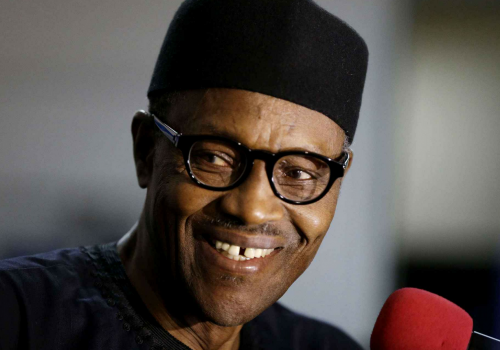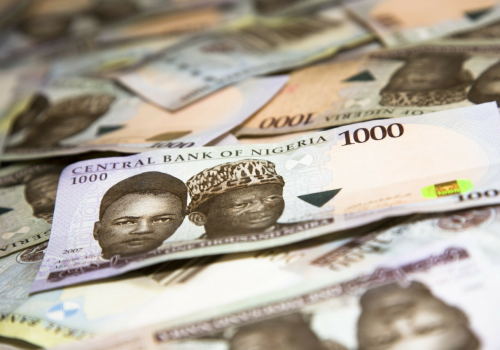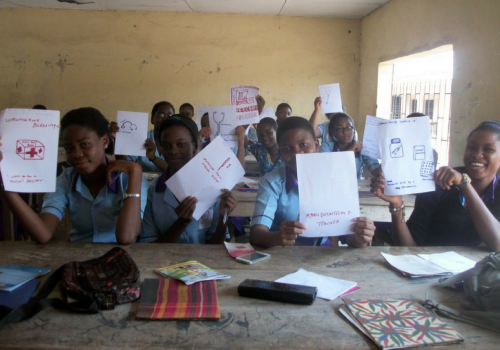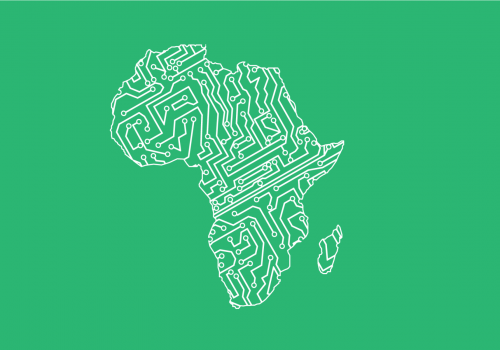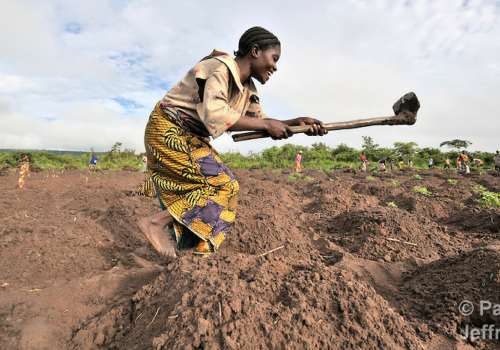“Men and not gods control human destiny… the state of building a nation is to know what to forget”.
_________________

In the film, New Conflicts, Ali Mazrui utters the aforementioned statement as a way of outlaying the new conflicts faced by many young African nations during the shift from colonialism to national independence. In this brief discussion, I will critique the statement by agreeing with the first clause and disagreeing with the second clause. To do this, I will first consider what both clauses mean and the implication of that meaning in discussing the new conflicts faced by African nations; next, I will demonstrate why I agree with the first clause and disagree with the second clause.
First, in the statement “Men and not gods control human destiny,” one can take that to mean that human action is the key factor that determines human condition. It is up to us as human beings, and not up to any extraterrestrial or divine force, to decide whether our human actions will lead to a war-torn state or a peaceful livelihood. In effect, Mazrui uses this first clause as a way to explain that during the shift from colonialism to independence, African revolutionaries were enlightened to the thought that they could personally influence the outcome of their nation’s political future. Notably, this train of thought or shift in perception differs from previous beliefs that the human condition was already predetermined by gods as was popular with old African kingdoms and the ancient Greeks. For example, Mazrui pointed out in the film that Algerians (descendants of the Numidia kingdom) saw nothing wrong in taking up arms to resist modern French imperialism in the waning years of France’s colonization of Algeria. The Algerians were enamored with the idea that they could personally control their nation’s destiny. Human beings (joining together as nationals or revolutionaries) play the most important role in controlling their national destiny. If America’s Founding Fathers had not revolted against British taxation without representation and instead relied on some divine intervention, there may not today be a nation such as the United States of America; and I think this holds true for African nations as well.
Second, in the statement, “…the state of building a nation is to know what to forget,” one can take that to mean that a young nation and its national leaders must be willing to forget past wrongs in other to move forward as a nation. Mazrui seems to be asserting that it will be problematic for a young nation to hold grudges against its previous “political masters”. Though on the surface this assertion might seem ideal when applied to personal relationships, however, I think it is not the most constructive way of moving forward in the politics of nation building. The cost of forgetting the past (or any part of the past) makes a nation vulnerable to allowing those past wrongs to happen again. Knowing what to forget assumes a kind of knowledge that might not lend itself useful to problem-solving on a national scale. What would come first: the knowledge of what to forget or the solution to the past wrong? And wouldn’t the vitality of any solution depend on remembering the past wrong or conflict? For example, Mazrui explains the second clause of his statement by bringing up the story of Jomo Kenyatta, a revolutionary leader in Kenya who had the famous luncheon with the former white colonial leaders who had been responsible for putting him in jail. During the luncheon speech, Kenyatta vowed to “forgive and forget” in order to move forward with a peaceful Kenya, in effect, looking past the land disputes that were tearing the country apart. But as of January 2011, Kenya is still struggling with ethnic tensions and land disputes effectuated by the pre-independence struggle between white settlers and black township workers. (source: IRIN Africa). In nation building, forgetting a past wrong need not be substituted for finding a lasting solution. For the sake of finding lasting solutions to national problems, the better political strategy might be to forgive but don’t forget.
Did this discussion help you progress? If so, please donate to My African Plan.
The average donation is about $12.

